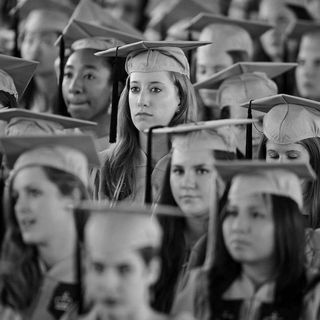Restaurants in Saudi Arabia are no longer required to maintain gender-segregated entrances and seating, per a new announcement by the government’s Municipal and Rural Affairs Ministry, one of a series of recent reforms aimed at liberalizing Saudi society.
Women in Saudi Arabia will now be able to use the same entrance as men, and will no longer have to be seated in separate, shielded sections, breaking with a legal policy that has hitherto required women to use a separate entrance and be seated in “family” or “ladies” sections to keep them out of the view of unrelated men. When this rule ran into space constraints, as in small restaurants and cafes, women weren’t permitted to enter at all, reports TIME.
The announcement was made via the state-run Saudi Press Agency. Couched amid a list of new building codes for public facilities and businesses was a statement about “removing a requirement by restaurants to have an entrance for single men and (another) for families” and not needing to “specify private spaces” such as ladies’ or family sections.
The reform is not a mandate for equality, but an announcement that the policy of segregation will no longer be compulsory or enforced. The middle ground is likely aimed at satisfying religious traditionalists, who view gender segregation as non-negotiable, while legalizing quiet moves by upscale eateries in major centers like Jeddah and Riyadh to allow men and women to eat together freely, TIME reports.
Related on The Swaddle:
Saudi Arabia Has Unleashed a Spate of Gender Reforms; How Much Should Women Celebrate?
It’s businesses like the latter that the government of Crown Prince Mohammed bin Salman has been at pains to encourage in a relatively recent drive to modernize the country and attract international tourism money that can offset predicted losses in oil revenue. The country has witnessed a spate of gender reforms over the past decade, which have accelerated since 2017 when women gained the right to drive. The past year alone has seen the quick, if partial, dismantling of the country’s rigid guardianship system, under which all girls and women were second-class citizens subject to the whims of a male guardian.
But many laws, as well as social practices, that discriminate against women linger. For instance, men can still register criminal cases of disobedience or absence-from-home against women, Reuters reported earlier this year. And government-run schools, as well as most public universities, continue to segregate male and female students, reports TIME.
Still, the result of this and similar reforms are a sign of progress toward a more gender-equal society. But critics question at what cost — liberalization efforts have come amid a swift and brutal crackdown on dissent that has included the arrest, torture, and sexual abuse of women’s rights activists, not to mention what amounts to, per a United Nations investigation, the state-sanctioned murder of journalist and dissident Jamal Khashoggi in 2018. (Saudi Arabia denies government involvement in the killing.)




